Louisville Coalition on the History of Enslavement
The Louisville Coalition on the History of Enslavement is a partnership between four Louisville, KY historic house museums and former sites of enslavement: Historic Locust Grove, Farmington Historic Plantation, Oxmoor Farm Foundation and Riverside, The Farnsley-Moremen Landing.
Coalition Partners
Learn about the partners involved in the coalition.
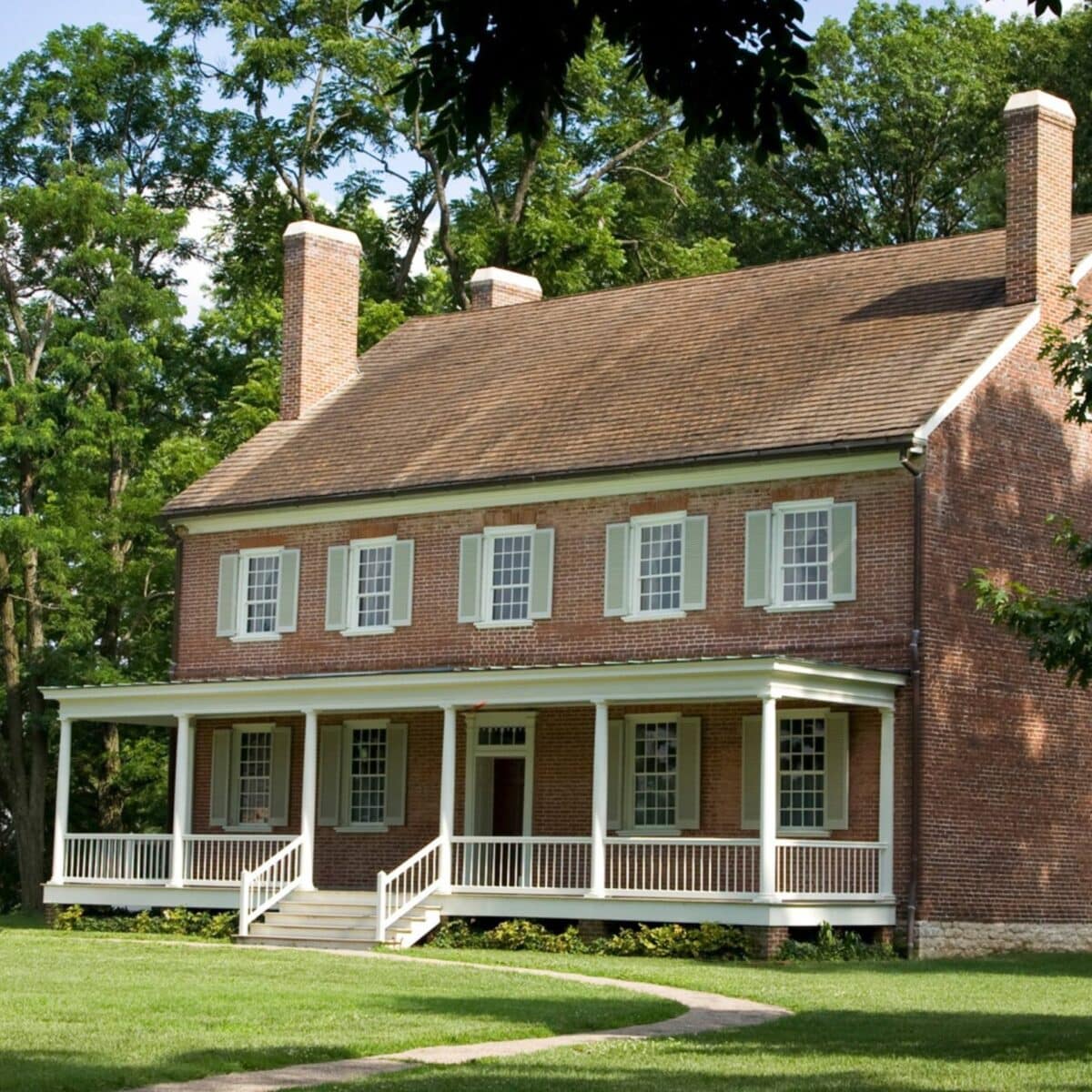
Historic Locust Grove
Historic Locust Grove was built circa 1792 for William and Lucy Clark Croghan, their nine children, Lucy’s brother George Rogers Clark, and a large community of individuals enslaved by the Croghan and Clark families. Enslaved craftsmen constructed the house, and the farm was cultivated by at least 30 to 45 enslaved men, women, and children throughout the Croghan family’s tenure. At the peak of the farm’s operations in 1820, more than 40 enslaved people labored here. All of them had little control over the conditions of their lives. Research into the lives of the enslaved and their descendants is ongoing.
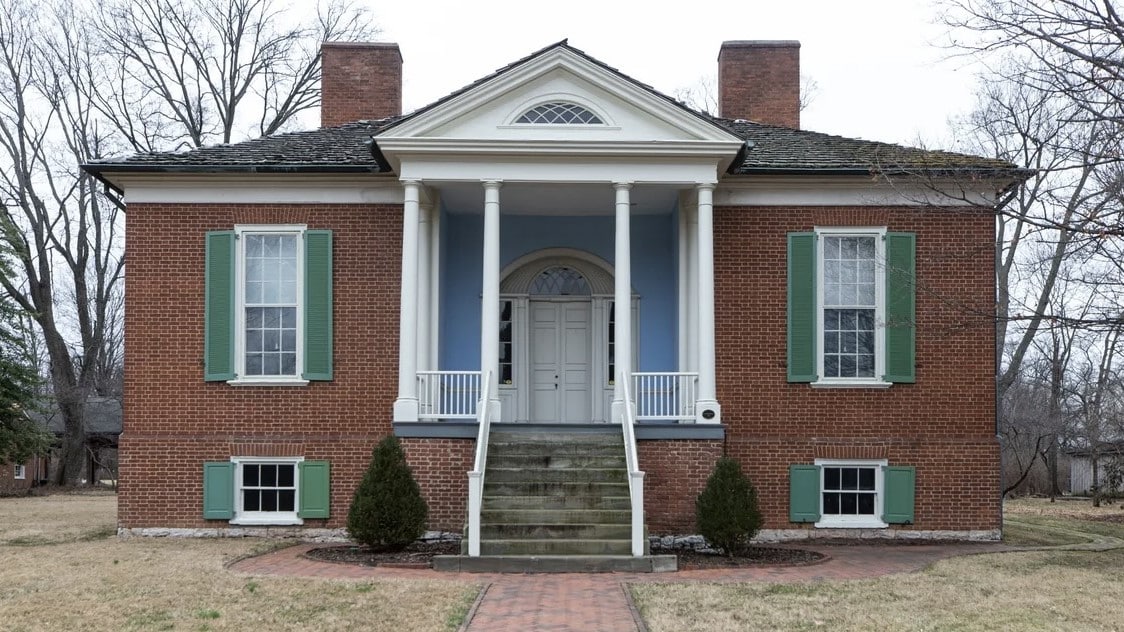
Farmington Historic Plantation
Louisville’s first historic house museum interprets a nineteenth-century Kentucky hemp operation. Originally 550 acres, Farmington was home to the John and Lucy Speed family and approximately 70 enslaved people at its operation height. Abraham Lincoln visited his close friend, Speed’s son Joshua, for three weeks here in 1841, the only time the future president fully participated in the lifestyle of the southern planter. Letters from nearby Oxmoor Farm, the home of Lucy Fry Speed’s sister, Mildred Bullitt, document parental and sibling relationships between the enslaved on the two plantations.
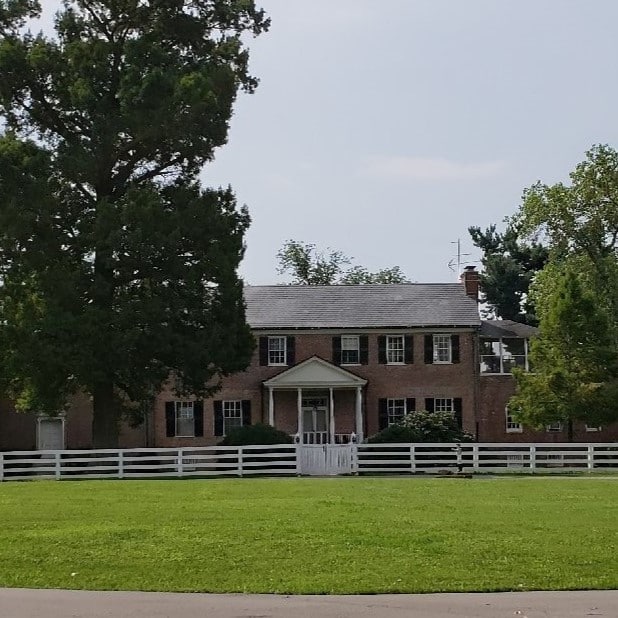
Oxmoor Farm
Oxmoor Farm is one of Jefferson County’s oldest continually operating agricultural enterprises. Alexander Scott Bullitt purchased the 1000 acre property in 1787 and brought his family and enslaved workers to Oxmoor. By 1816, Bullitt’s labor force consisted of 101 enslaved individuals and was one of the largest holdings in Jefferson County. The enslaved labored on the farm until the end of the Civil War in 1865, while the Bullitt family lived at Oxmoor until 2005. Bullitt family letters document births, weddings and deaths of many of the people they enslaved. These letters also document familial connections with nearby Farmington Plantation in both racial groups. Mildred Bullitt’s sister, Lucy Speed, lived at Farmington. Her husband owned Phillis and Morocco, whose sister, Jenny, lived at Oxmoor. Today the historic portion of Oxmoor Farm is protected by a 79-acre preservation easement with the Kentucky Heritage Council.
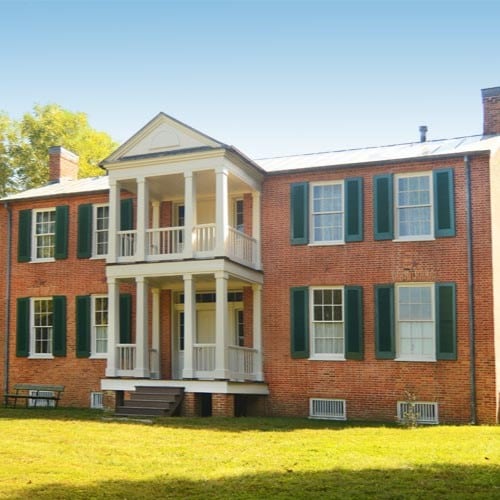
Riverside, The Farnsley-Moremen Landing
Riverside, the Farnsley-Moremen Landing is a nearly 300-acre historic site located on the Ohio River in southwest Louisville. The property was farmed from the 1820s well into the 20th century. An active riverboat landing connected this remote farm to the wider world for most of the 19th century. The restored house is named for the two property owners with the longest history on site: the Farnsleys and the Moremens. From 1820-1865, as many as 23 enslaved men, women, and children lived and worked at Riverside. The leadership and staff at Riverside are dedicated to learning as much as possible about the individuals enslaved on the property to tell the complete story of our collective past and create a space for important conversations regarding how our history impacts the present. Since it opened the public in 1993, Riverside has been open year-round for tours, educational programs and events.
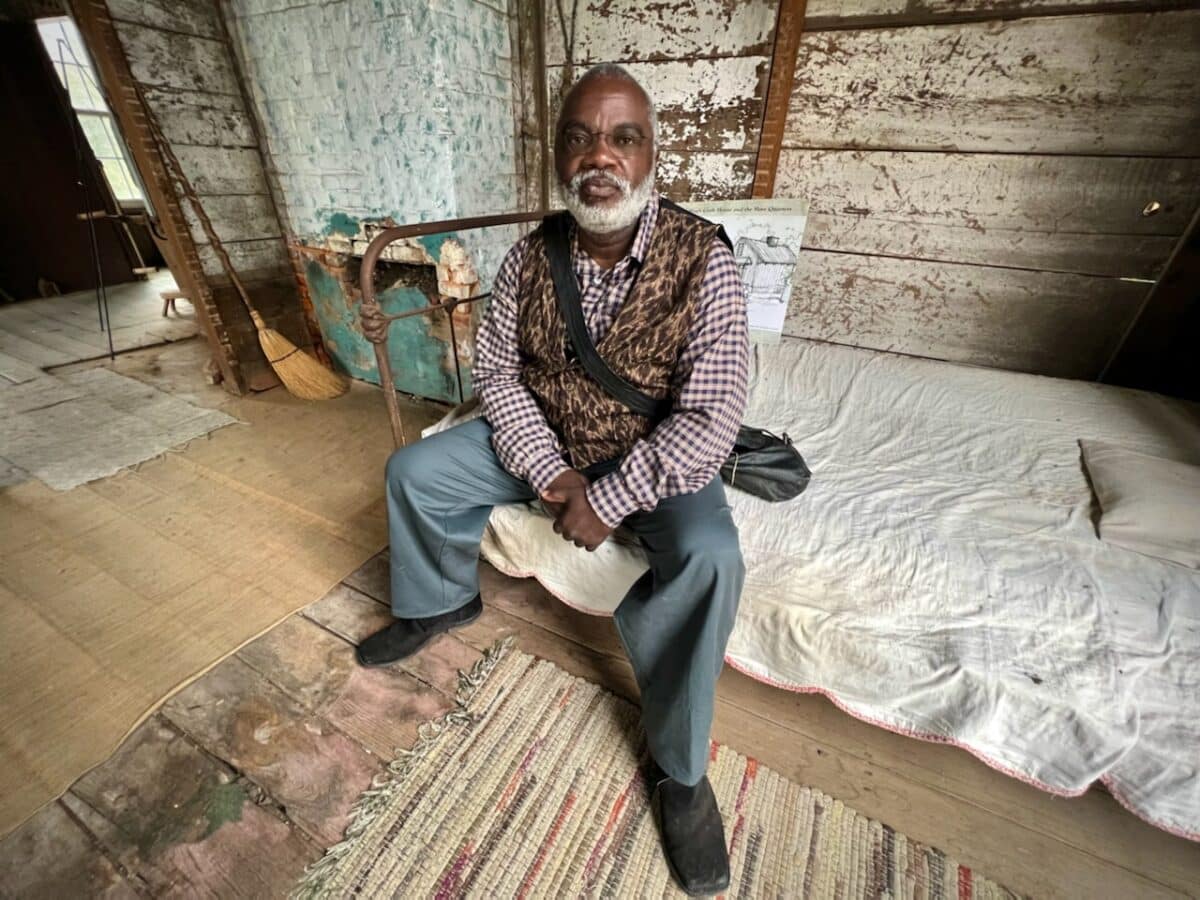
Our Partners
The Slave Dwelling Project
The Slave Dwelling Project envisions a future in which the hearts and minds of Americans acknowledge a more truthful and inclusive narrative of the history of the nation that honors the contributions of all our people, is embedded and preserved in the buildings and artifacts of people of African heritage, and inspires all Americans to acknowledge their Ancestors. Part of the mission of the Slave Dwelling Project is to raise awareness and organize resources to preserve, interpret, maintain and sustain extant slave dwellings and other structures significant to the stories of the enslaved Ancestors; support and encourage individuals and organizations to preserve and mark sites related to the institution of slavery and the legacy of slavery; and to engage people in honest conversations about slavery, race, racism and racial equity in search of improved racial relations.
Thank you to our sponsors!
- Guy & Elizabeth Montgomery
- Kentucky Humanities
- Montgomery Realtors
- National Trust for Historic Preservation
Sponsorship Opportunities
Sponsors are always needed to support our cause! The Louisville Coalition on the History of Enslavement is looking for more sponsors to help us organize the many great events and opportunities for our communities. Please contact ktisdale@locustgrove.org for more sponsorship information!
